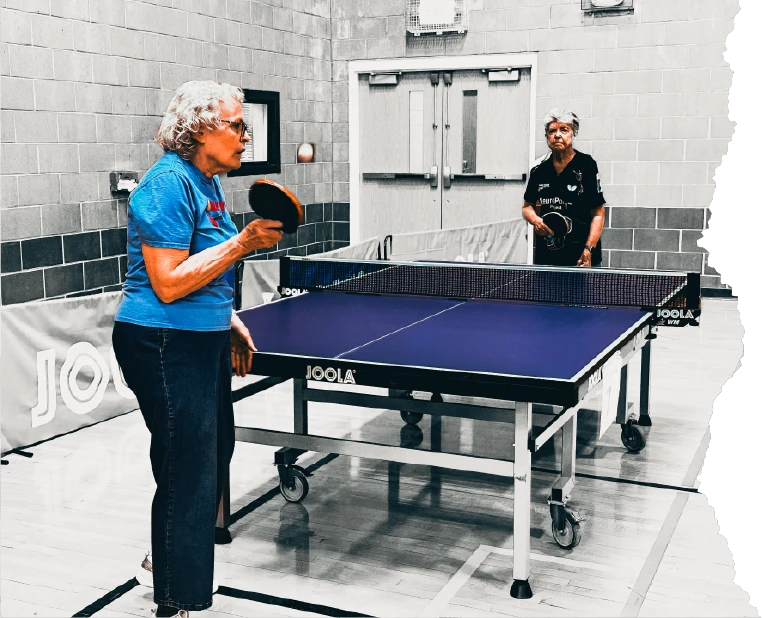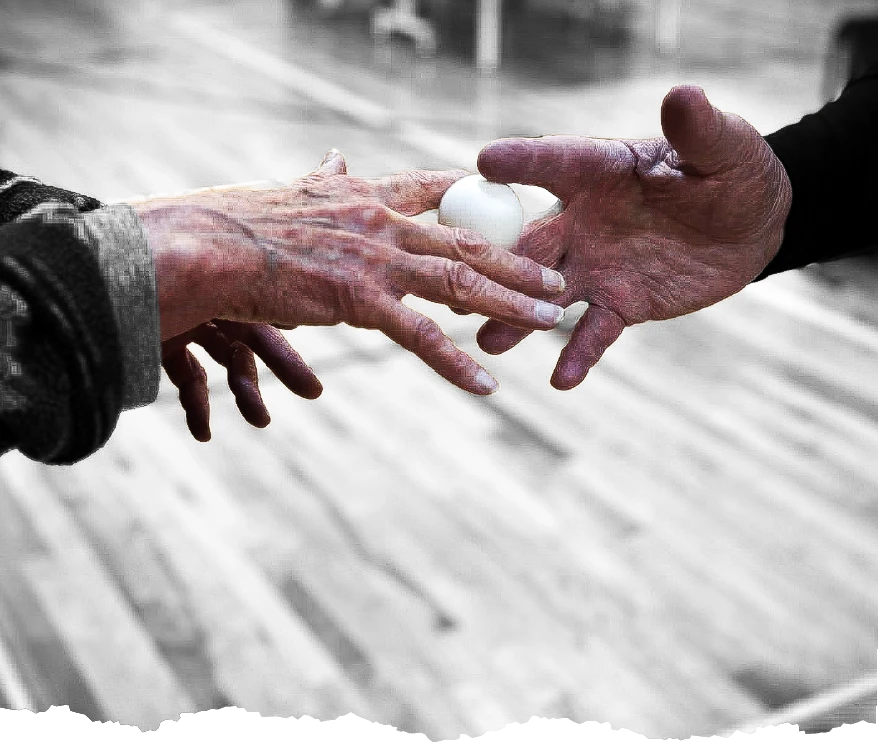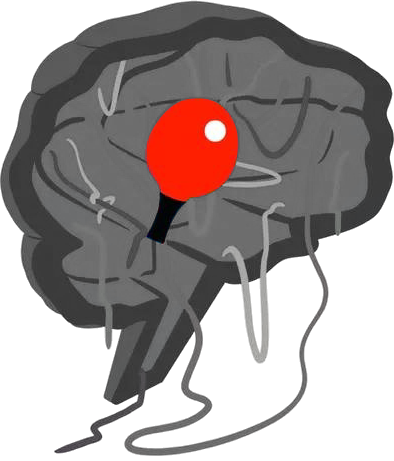THE NEUROPONGTM PROGRAM – DEMENTIA
Understanding Dementia - Causes, Symptoms & Early Intervention
Dementia is not a specific condition but a collection of symptoms resulting from various brain disorders. It manifests with characteristic symptoms such as memory difficulties, language problems, and challenges with problem- solving, impacting daily activities. The specific symptoms depend on the affected areas of the brain.

What Triggers Dementia?
Exploring Causes and Variants
Dementia can affect anyone, with the risk increasing with age, although individuals under 65 may develop it (as in young onset). The exact cause of dementia remains unknown in many cases. Common culprits include:
- Alzheimer’s, responsible for two-thirds of cases.
- Vascular dementia, involving blood flow.
- Lewy body dementia, a neurological disorder.
- Frontotemporal dementia, which damages the frontal and temporal lobes of the brain.
Early Warning Signs
Spotting the Subtle Changes
Witnessing cognitive decline in a loved one can be challenging. Early signs of dementia include:
- Social withdrawal
- Mood changes
- Memory loss
- Unusual behavior
These symptoms may signal the onset of a process that can progress steadily or rapidly.
The Progression of Decline
Why Acting Early Matters
The exact cause of dementia, what triggers it, and its progression remain uncertain, with the process often beginning years before symptoms appear. Full-blown dementia is often preceded by mild cognitive impairment (MCI), characterized by subtle cognitive changes that don’t interfere with daily functioning. Identifying and addressing these signs early can significantly improve a person’s quality of life.


Delaying Decline
How Lifestyle Can Slow Dementia
Research shows that exercise, both aerobic and anaerobic, such as playing table tennis, can help preserve cognitive function and slow its decline. Modifiable factors, such as physical activity and social engagement, play crucial roles in dementia prevention, potentially delaying up to 40% of cases.

